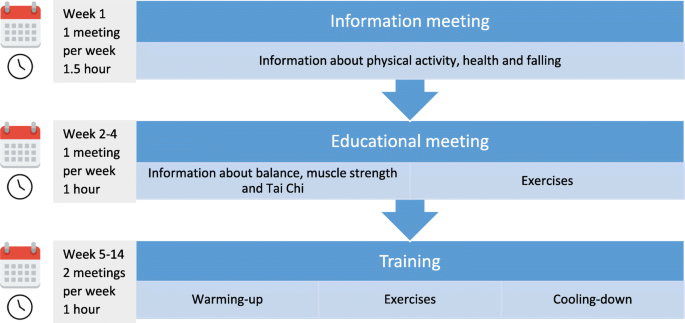Some Known Details About Dementia Fall Risk
Some Known Details About Dementia Fall Risk
Blog Article
5 Simple Techniques For Dementia Fall Risk
Table of ContentsHow Dementia Fall Risk can Save You Time, Stress, and Money.The smart Trick of Dementia Fall Risk That Nobody is Talking AboutNot known Incorrect Statements About Dementia Fall Risk Not known Details About Dementia Fall Risk
An autumn danger analysis checks to see just how likely it is that you will certainly fall. The analysis typically includes: This consists of a series of inquiries about your overall health and wellness and if you have actually had previous drops or issues with equilibrium, standing, and/or walking.Interventions are recommendations that may decrease your danger of dropping. STEADI consists of three steps: you for your threat of dropping for your risk elements that can be enhanced to attempt to stop falls (for example, equilibrium issues, damaged vision) to lower your threat of falling by utilizing effective methods (for instance, supplying education and resources), you may be asked a number of questions consisting of: Have you fallen in the past year? Are you stressed concerning falling?
You'll sit down once more. Your copyright will examine the length of time it takes you to do this. If it takes you 12 seconds or even more, it might mean you are at higher threat for a fall. This test checks toughness and balance. You'll rest in a chair with your arms went across over your chest.
Move one foot midway forward, so the instep is touching the big toe of your various other foot. Move one foot fully in front of the other, so the toes are touching the heel of your other foot.
More About Dementia Fall Risk
Most drops happen as an outcome of several adding aspects; consequently, managing the threat of dropping starts with determining the variables that add to drop threat - Dementia Fall Risk. Some of the most pertinent threat aspects consist of: History of previous fallsChronic clinical conditionsAcute illnessImpaired stride and equilibrium, lower extremity weaknessCognitive impairmentChanges in visionCertain high-risk drugs and polypharmacyEnvironmental variables can additionally increase the risk for falls, consisting of: Poor lightingUneven or damaged flooringWet or slippery floorsMissing or damaged hand rails and get hold of barsDamaged or poorly fitted tools, such as beds, mobility devices, or walkersImproper usage of assistive devicesInadequate guidance of individuals residing in the NF, consisting of those that exhibit aggressive behaviorsA effective fall threat management program calls for an extensive scientific analysis, with input from all participants of the interdisciplinary group

The treatment strategy need to additionally include treatments that are system-based, such as those that promote a safe environment (ideal lighting, hand rails, get hold of bars, and so on). The performance of the interventions need to be evaluated occasionally, and the care plan revised as necessary to mirror changes in the loss threat assessment. Applying an autumn threat administration system utilizing evidence-based finest practice can decrease the occurrence of falls in the NF, while restricting the possibility for fall-related injuries.
The Single Strategy To Use For Dementia Fall Risk
The AGS/BGS standard suggests evaluating all adults aged 65 years and older for autumn risk every year. This testing helpful site consists of asking patients whether they have actually fallen 2 or even more times in see this here the past year or sought clinical focus for a fall, or, if they have actually not dropped, whether they feel unstable when strolling.
Individuals that have dropped as soon as without injury ought to have their equilibrium and stride evaluated; those with gait or equilibrium abnormalities should receive additional assessment. A history of 1 fall without injury and without stride or equilibrium troubles does not call for additional assessment beyond ongoing yearly fall risk screening. Dementia Fall Risk. An autumn danger evaluation is required as part of the Welcome to Medicare examination

The 4-Minute Rule for Dementia Fall Risk
Documenting a drops history is one of the top quality indications for autumn prevention and management. copyright medicines in particular are independent predictors of falls.
Postural hypotension can frequently be reduced by decreasing the dosage of blood pressurelowering drugs and/or quiting drugs that have orthostatic hypotension as a side impact. Usage of above-the-knee assistance tube and resting with the head of the bed elevated might likewise minimize postural decreases in blood stress. The advisable components of a fall-focused health examination are displayed in Box 1.

A pull time more than or equivalent to 12 secs suggests high loss threat. The 30-Second Chair Stand examination evaluates reduced extremity strength and equilibrium. Being incapable to stand up from a chair of knee height without utilizing one's arms shows boosted fall threat. The 4-Stage Equilibrium examination examines fixed equilibrium by official website having the client stand in 4 positions, each progressively much more tough.
Report this page